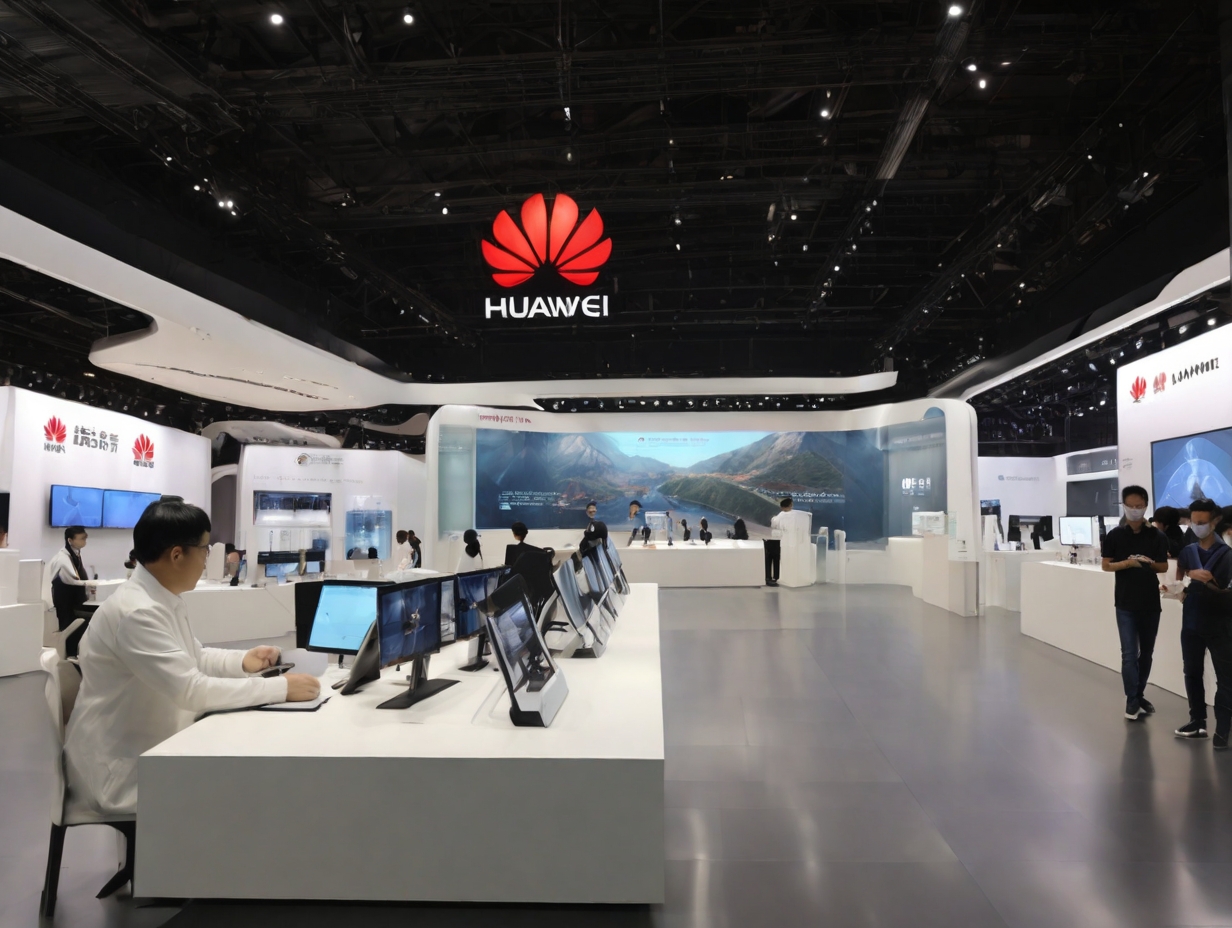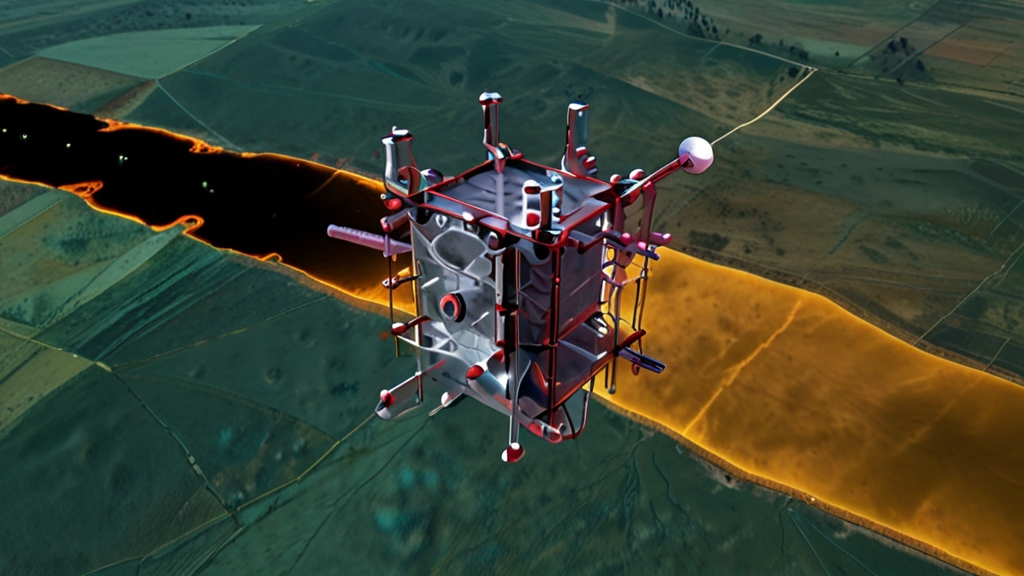Huawei Technologies has begun working hand in hand with local companies like Fujian Jinhua Integrated Circuit. The move is to set up an internal production line that will see the manufacture of High Bandwidth Memory (HBM) chips aggressively be a front-runner in the AI sector. This action results from the recognition of the current market situation when it comes to the availability of outdated HBM technologies in China, where cutting-edge tech companies, such as SK Hynix and Samsung, cannot import the latest solutions.
Huawei’s bold collaboration for self-sufficiency
With the mission in mind that HBM is the key factor to develop AI systems like Ascend-its own chip, Huawei is expected to mass manufacture HBM-free chips by 2026. HBM2 technology, which isn’t very old, will be the significant focus initially, but the plan is to have HBM4 by 2025-2026. While China’s technological impediments might be a stumbling block, Huawei`s move to domestically produce advanced chips is praiseworthy in contributing to self-sufficiency in modern-day chipmaking.
The demand for the HBM product is on the rise due to the growing adoption of high-performance computing solutions in different industries, especially in the AI sector that uses high-performance computing platforms to train and develop AI models. Huawei gets the upper hand by rolling out its own HBM production facilities and, therefore, can take advantage of this profitable market segment, which in return can result in a proportionate share, which can be termed the company’s profit.
Cautious approach to innovation
Likewise, a move to domestically sourced AI computing systems might be needed to propel Chinese AI to the next level. Huawei’s Ascend AIs, which have already succeeded greatly in domestic markets, will probably take a turn on the performance and efficiency side once they are introduced to locally manufactured HBM.
Valuing local entities as partners, Huawei has been building cooperations with its local companies to showcase its needed self-reliance strategy and innovation for HBM pursuits. However, the details of when it will appear remains unknown.
In the changing technology global pace, organizations such as Huawei are determined to be competitive, and withstanding those changes are staking a lot; therefore, they make attractive investments in research and technology development. Through its own HBM IP development, Huawei not only resolves its current supply chain challenges at present but also prepares the forerunners for the coming wave of AI and high-performance computing.
Source: Theinformation.





